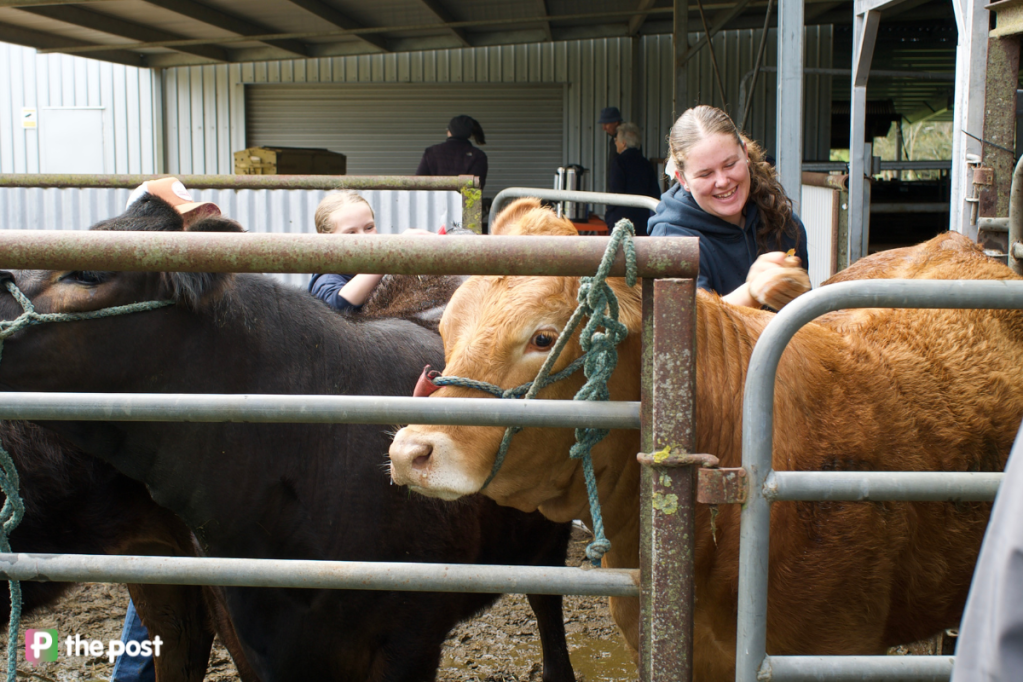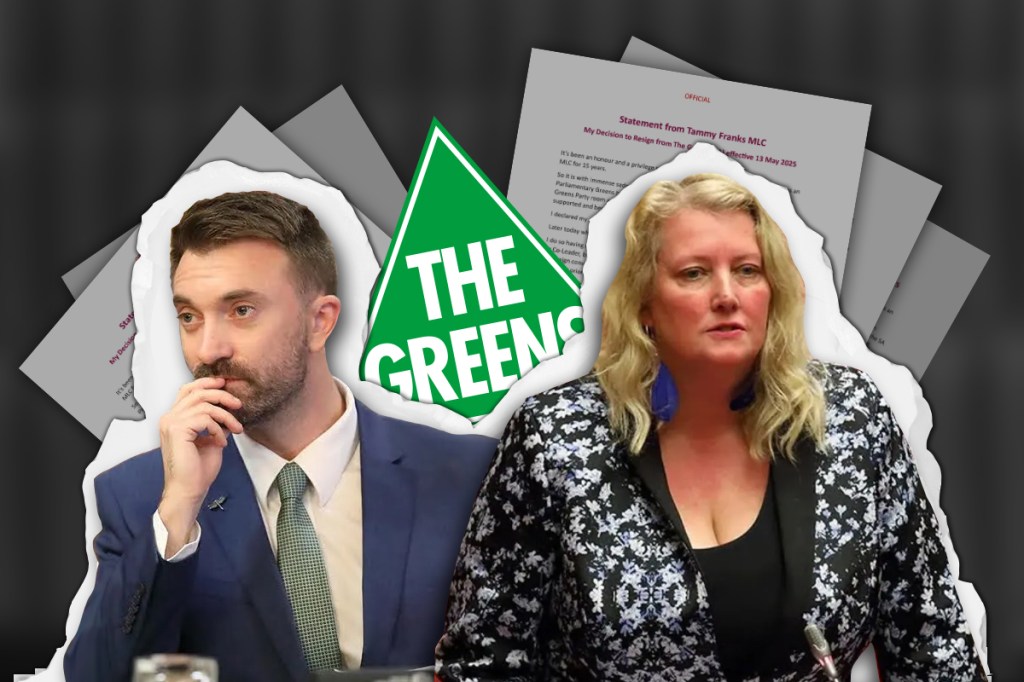What does Albanese’s Cabinet tells us about his agenda?
From his allocation of portfolios to frontbench colleagues, Craig Emerson writes what we can glean about Anthony Albanese’s policy priorities.

Prime Minister Anthony Albanese hasn’t spent 28 years slogging in out in Parliament to sit back and relax in the coming parliamentary term.
Albanese made several strategic portfolio changes to his ministry this week after being returned to government in an election landslide.
So, what does this show about his policy priorities?
Universal childcare
Having made major reforms to the Child Care Subsidy and abolishing the activity test that denied access to free childcare to the nation’s most vulnerable mothers, Albanese will pursue universal childcare as a major personal and Labor legacy.
Tanya Plibersek, Katy Gallagher, Senator Jess Walsh, Ged Kearney and Rebecca White will support him in developing this policy which, once in place, will not be removable by a future conservative government.
Fixing the NDIS
Mark Butler has had the responsibility for the NDIS added to his health portfolio.
Like the defining Labor reform of Australia’s health system – Medicare – where rorts have been identified and removed over the years, if the NDIS is to enjoy popular support its excesses need to be removed too. Butler has been given that task.
The lessons from Medicare are salutary.
You might like
Its predecessor, Medibank, introduced by the Whitlam government, was abolished by the incoming Fraser Government.
Bob Hawke reinstated it as Medicare, but the rorters found ways to milk it to fund their lavish lifestyles. So much so that ahead of the 1987 federal election, then opposition leader John Howard, promised to “take a scalpel to Medicare.”
Howard lost that election, but as an economic and social policy adviser to Bob Hawke, I proposed a thorough post-election review of Medicare.
The Hawke government engaged a young Jenny Macklin, not yet in Parliament, to lead a comprehensive review of the health system.
On the eve of the 1990 federal election campaign, shadow health minister Peter Shack, who’d been given the responsibility of finding savings in Medicare, announced in an infamous media conference, that: “We have laboured under a misapprehension that there was a billion dollars to be got out of Medicare. There is not.” Hilariously, he added: You might accuse us of a lot of things, but one of the things I don’t think we’re guilty of is learning from our past mistakes.”

Albanese furnished his Medicare card at every appearance during the 2025 election campaign for good reason – to remind voters that only Labor is totally committed to the immensely popular health scheme.
In 2023, Butler made hundreds of common medicines cheaper by allowing millions of Australians to buy two months’ worth of supply for the price of a single prescription.
The Pharmacy Guild reacted with enormous hostility, but Butler’s policy was well received and has been locked into place.
Now Albanese has given the highly effective Butler the task of fixing up the NDIS, following Bill Shorten’s good review of the scheme, just as Albanese’s Labor predecessors fixed up Medicare to make it unassailable.
Major project assessment processes
Senator Murray Watt was successful and popular with stakeholders as Minister for Agriculture, Fisheries and Forestry.
So much so that during the last Parliament, Albanese gave him a new challenge as Minister for Workplace Relations, charting a difficult course between the demands of trade unions and employer organisations.
Now Watt has responsibility for environment and water, he will be expected to chart a course between environmental protection and project approval.
Stay informed, daily
Federal project approval processes, including environmental and native title processes, have been weaponised to slow down and deny approvals for major investment proposals.
Western Australian Premier Roger Cook would have made this plain to Albanese. It is not only resources projects that are being affected, but renewable energy proposals.
Watt is being given the task of making these processes not only effective in protecting the environment and native title, but also efficient in preventing unwarranted delays.
Economic reform
Albanese and Treasurer Jim Chalmers have assembled a formidable economic team to pursue a reform agenda designed to lift productivity and wages, modernise the economy and put the budget in good shape.
Chalmers was a star performer during the election campaign, along with Jason Clare and Watt.
Katy Gallagher, who has deep experience in fiscal and economic policy and is highly respected, is Minister for Finance.
In the latter part of the government’s first term, it began rolling out the shape of a new federal-state competition policy agenda in pursuit of a seamless national economy.
Joining Dr Andrew Leigh, who is Assistant Minister for Productivity, Competition, Charities and Treasury, are two other Labor parliamentarians with PhDs in Economics.
Dr Daniel Mulino has been appointed Assistant Treasurer and Minister for Financial Services, and Dr Andrew Charlton is the Cabinet Secretary and Assistant Minister for Science, Technology and the Digital Economy.
Business organisations will struggle to put one over this team. On tax reform they’ll need to come up with something more imaginative than: “Increase the GST rate to pay for a cut in the company tax rate.”
Rare privilege
Any suggestions that Cabinet Ministers who have been given new portfolios have been demoted are absurd.
Not only are these Ministers, by definition, holders of senior portfolios, they are also full participants in Cabinet’s deliberations on all major government policies.
Similarly, Cabinet Ministers who have retained their portfolios are being asked to press on in priority areas such as Penny Wong in foreign affairs and Don Farrell in trade.
Wong is highly regarded by the public and deals effectively with sensitive international relations.
Farrell is the quiet achiever of the Cabinet, playing a leading role in China’s removal of all tariffs applied by it during the period of Coalition rule. He is ranked a high sixth in the Cabinet order of precedence.
Albanese led Labor to a large election victory by positioning the Labor government at the centre: “No one held back, no one left behind.” At the same time, the Coalition shifted further to the right.
Albanese’s ambition is to entrench Labor as the natural party of government. His allocation of frontbench portfolios is a vote of confidence in a group of MPs to work with him in achieving that ambition.
Craig Emerson was a minister in the Rudd and Gillard governments and an adviser to former Prime Minister Bob Hawke.







